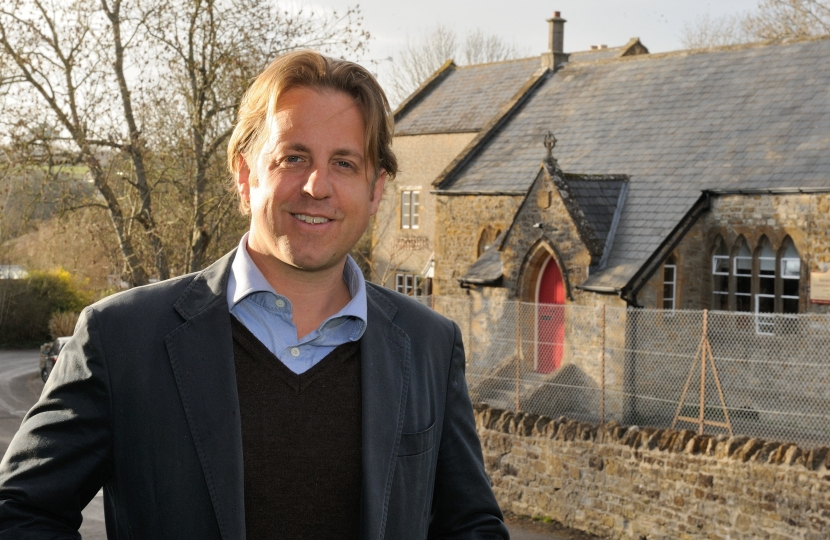
On Tuesday I led a debate in Parliament that I had secured on the finances and governance of Somerset Council. It’s a way in which MPs can raise an issue at the highest level, hear the views of colleagues and those from other political parties and get an official response from the relevant Government Minister, in this case our neighbouring MP for North Dorset, Simon Hoare. Simon is Minister for Local Government and his department also covers Levelling Up and Communities, both central to the issue.
It was good to get the chance to talk about Somerset’s great companies and skills development in Parliament and how they in turn attract investment and tax revenue that pays for vital services. Leonardo was mentioned as an example of how we are in some ways doing very well in terms of economic activity for a rural area. Yeovil College received a great deal of praise during the debate.
However, it was also a chance to raise facilities facing closure because of the precarious state of the Council’s finances and its continued failure to capitalise on the savings that should have been made possible by moving to a unitary system. The Council was urged to regain some energy around this process and rightly so. We can see the consequences of not growing the local economy and not making the efficiencies possible with the potential closures of facilities such as the Yeovil Recreation Centre and the Crewkerne Recycling Centre. That is not to say that central Government does not have an important role to play in growing revenues but much more work needs to be done in partnership.
The debate also highlighted that there are two ways of approaching the problem and looking to the future. One, sadly, favoured by the current Lib Dem administration, is to entirely blame others and to simply ask central Government for more (taxpayers’) money. The alternative is to build on the sort of partnerships mentioned earlier, to build our skills base and create more good jobs and save money where it we can.
There was some common ground on the importance of Councils protecting the most vulnerable in our communities, and that being a reason for many people getting involved in politics in the first place. Figures should not be accepted without scrutiny though and costs and inflation alone do not fully explain the dramatic rise in the costs of residential care, for example. I look forward to taking many of the issues raised forward with Ministers, colleagues and others.
Thanks to those who have got in touch regarding the configuration of acute stroke services. I have been in touch with the local NHS and a leading stroke surgeon at Yeovil District Hospital about this for some time and raised several objections, most recently before the meeting of the Integrated Care Board last week. The decision ultimately lies with them and, whilst I am generally in favour of giving local clinicians control over how they allocate resources, I will keep highlighting the concerns that have been raised in the coming weeks.

